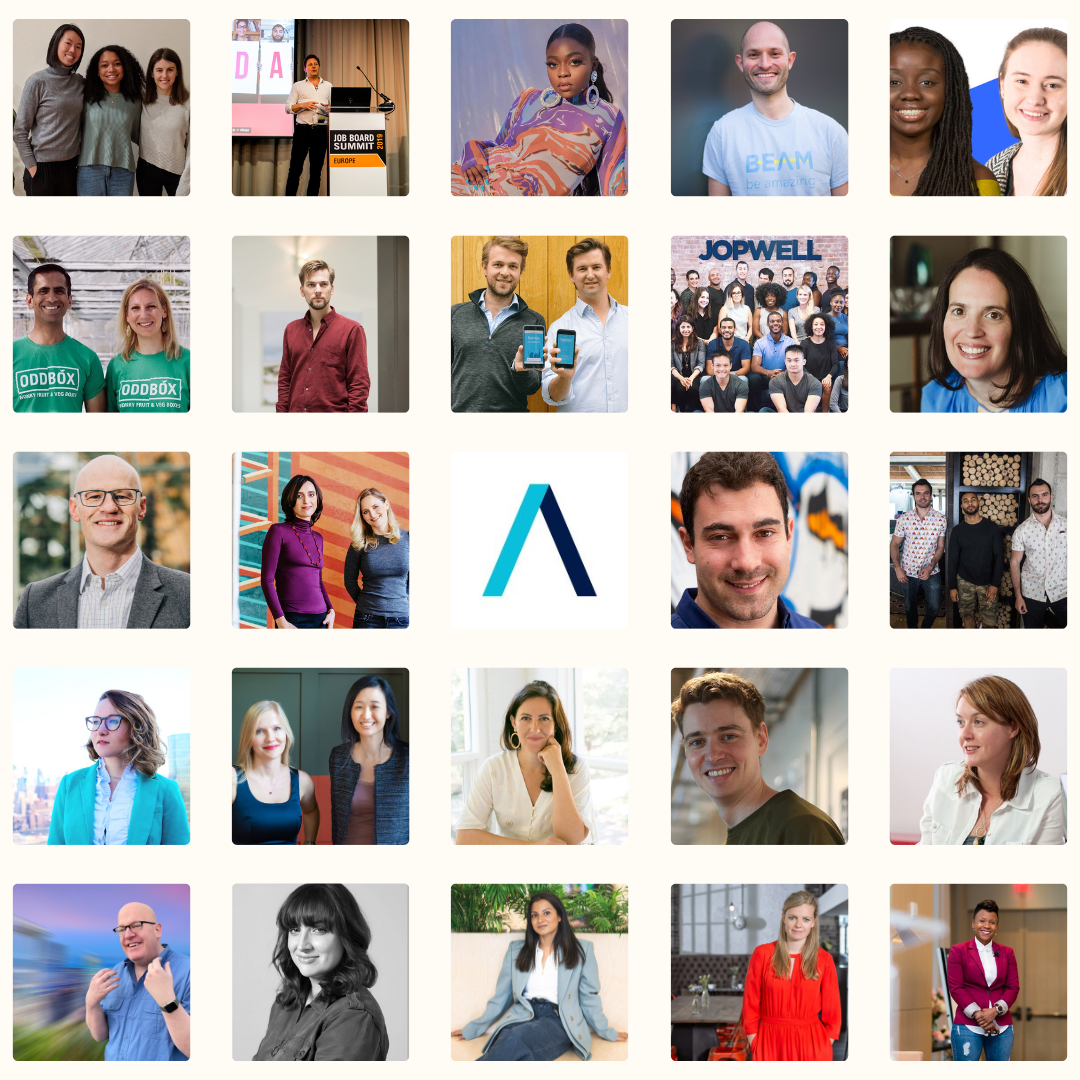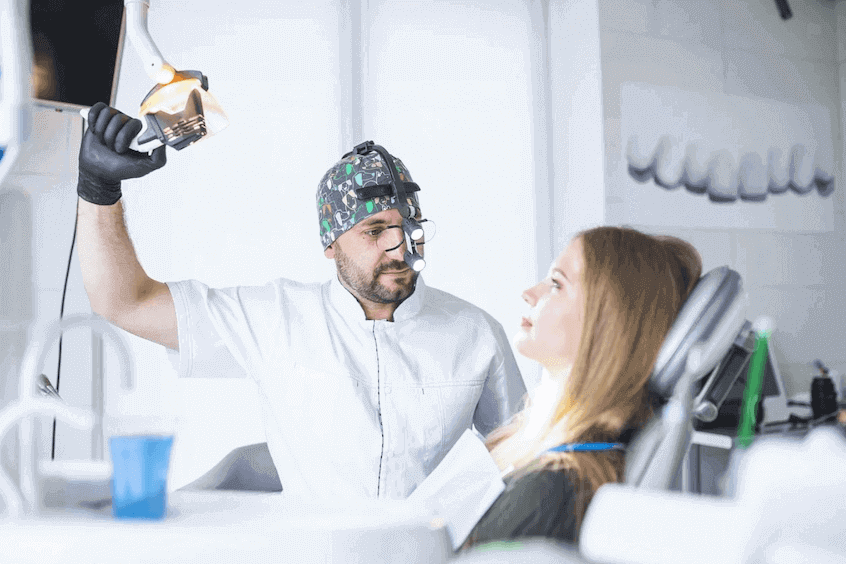Artificial Intelligence (AI) has come a long way since its inception, and its future promises to be nothing short of revolutionary. AI, a technology that enables machines to simulate human-like thinking and problem-solving, is already transforming industries and reshaping society in profound ways. As we look ahead, the future of AI holds immense potential and presents both opportunities and challenges.
- AI in Healthcare: Saving Lives and Enhancing DiagnosesIn the field of healthcare, AI is making waves with applications such as disease diagnosis, drug discovery, and personalized treatment plans. Machine learning models can analyze massive datasets to identify patterns and anomalies in patient information, potentially revolutionizing early disease detection and treatment. Additionally, surgical robots and AI-driven medical imaging tools are improving surgical precision and diagnosis accuracy. In the future, AI is likely to play an even greater role in improving healthcare outcomes and reducing costs.
- AI in Autonomous Vehicles: A Safer Future on the RoadsThe automotive industry is on the cusp of a revolution, with self-driving cars powered by AI. These vehicles have the potential to drastically reduce accidents and increase transportation efficiency. As AI algorithms continue to improve and regulations adapt, we can expect to see autonomous vehicles become more common on our roads, leading to a safer and more convenient mode of transportation.
- AI in Education: Personalized LearningAI has the potential to revolutionize education by enabling personalized learning experiences. AI-driven tools can assess a student's strengths and weaknesses and tailor lessons accordingly, allowing for more efficient and effective learning. The future of education will likely see AI playing a more significant role in creating customized learning paths for every student.
- AI in Business: Enhanced Decision-Making and AutomationBusinesses are increasingly turning to AI for data-driven insights and automation. AI can analyze vast amounts of data to provide valuable business intelligence, allowing organizations to make more informed decisions. Automation through AI can streamline various tasks, freeing up employees to focus on more creative and strategic aspects of their work. In the future, AI will become an indispensable tool for businesses in virtually every industry.
- AI in Environmental Conservation: Solving Global ChallengesAddressing climate change and environmental issues is a global priority. AI can play a pivotal role in this endeavor by analyzing environmental data, optimizing resource use, and developing sustainable solutions. AI can help predict and mitigate natural disasters, monitor air and water quality, and support the development of renewable energy sources. The future of AI in environmental conservation is vital for the well-being of our planet.
- AI in Social and Ethical Considerations: Striking a BalanceWhile AI offers numerous benefits, it also poses ethical and societal challenges. Issues such as bias in AI algorithms, job displacement, and privacy concerns require careful consideration. The future of AI will necessitate ongoing efforts to strike a balance between technological progress and safeguarding human values.
- AI in Research and Development: Accelerating InnovationAI has become a powerful tool in research and development across various domains. Whether it's drug discovery, materials science, or the development of new technologies, AI can accelerate innovation by rapidly processing and analyzing data. This is especially significant in the quest to address complex global challenges, such as disease outbreaks or energy sustainability.
- AI and Human-AI Collaboration: A Coherent FutureThe future of AI isn't solely about machines outperforming humans. Human-AI collaboration is emerging as a powerful concept, where AI augments human abilities. AI can provide support in complex tasks, enhance creativity, and assist in problem-solving. This collaborative approach will likely become a hallmark of AI's future development.
In conclusion, the future of AI is incredibly promising, with the potential to revolutionize various aspects of our lives, from healthcare and transportation to education and business. While challenges exist, they can be mitigated through responsible development and ethical considerations. As AI continues to advance, it is essential that we remain proactive in harnessing its potential for the betterment of society. The future of AI is not just about the technology itself but how it harmoniously integrates with human values and needs, creating a world where AI serves as a powerful tool for progress and innovation.








